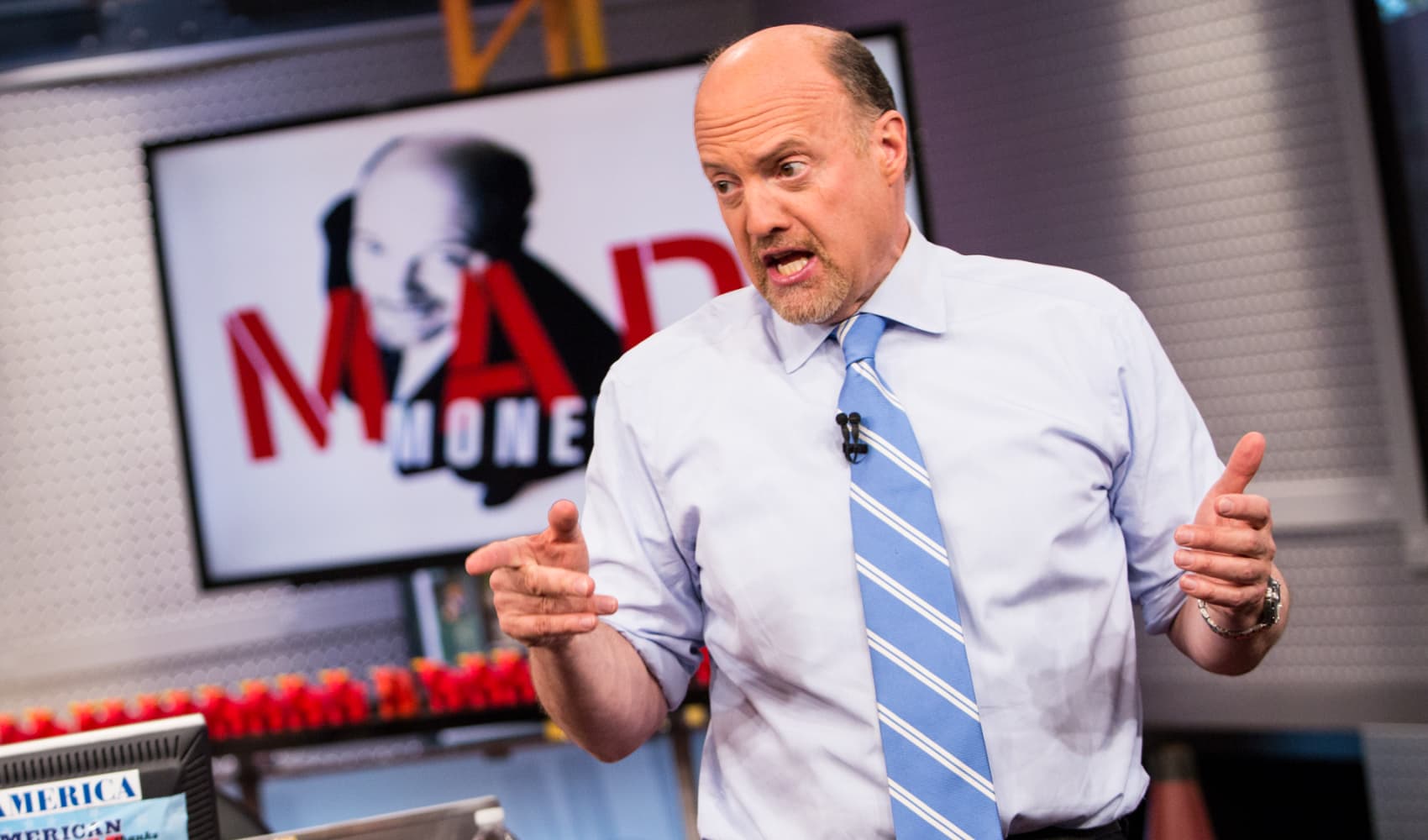
The only thing I'd say about Friday's incredibly strong jobs report is that it makes far more sense that it was strong than that it would have been extremely weak. And anyone who is confused that it was strong is really confused in a much larger sense about what's actually going on with this economy.
The U.S. economy is and has been running too hot and not too cold. Think about it this way: Nominal GDP - Inflation = Real GDP. Inflation has been hitting 9% in recent months, which itself is evidence that we are running too hot, because if it were just a food/energy/supply chain/Ukraine story, high prices in those areas would, all else equal, create lower prices elsewhere. Instead, we have a massive rise in the entire, broad price level.
Anyhow, point being, if inflation is 9%, think about just how high nominal GDP has to be running in order to keep real GDP positive. Very, very high, is the answer. Last year, for example, nominal GDP surged 10.1%. In the fourth quarter alone, it soared a massive, mind-boggling, 14.5% (annualized)! How on God's green Earth is the U.S. economy exploding with that kind of "growth"? Because of the massive Fed and fiscal stimulus that poured into the pandemic-hit economy.
The problem is, and here's where those who say the economy is actually very weak are in some sense correct--this economy is nowhere near equipped to grow at a nominal 15% or 10% rate, or honestly even 5%, sustainably. In fact, potential GDP is so bad now, because of low population and productivity growth, that we probably can't sustain nominal GDP much higher than 3% or 4% in the long run. So if we explode by 10% or 15% because of massive government stimulus, it all goes into higher prices instead of higher real economic activity.
Get Connecticut local news, weather forecasts and entertainment stories to your inbox. Sign up for NBC Connecticut newsletters.
One "version" of this problem is manifested in the too-strong labor market. Yep--too strong. There are too many job openings, a problem compounded by too much "phantom demand" caused by all the stimulus, and also by the lack of normal immigrant workers for political and pandemic reasons. We never used to see half a million jobs added per month last cycle--literally, for like fifteen years after the financial crisis, the strongest we ever saw was a couple months in roughly the 400,000 range.
And yes, we've needed to refill the gap of workers who were laid off when the pandemic hit. The leisure and hospitality sectors are still 9% smaller, implying they should be adding more workers than normal for quite some time. But the internet and crypto and home furnishings and warehouse sectors, on the other hand, grew at unsustainable rates and are shifting into layoff or stabilization mode. As even President Biden has acknowledged, we need to be seeing the pace of job growth slow to more like 150,000 a month to be sustainable.
Instead, we added 528,000 jobs last month. Which makes sense, because the weekly new jobless claims filings are still pretty low by historical standards, even if they've been creeping up from last year's unsustainably low levels. And job openings, even though they dropped a lot in the latest report, are still pointing to a massive need for workers--if nominal GDP keeps going this strong. And sure enough, MKM's Michael Darda thinks it could still be running at a double-digit pace right now, using his proxy of average weekly payrolls. Think about that!
Money Report
How is inflation supposed to collapse back to 2% next year, as many economists and investors have asserted on our show, if nominal GDP is still two or three times as high as is sustainable? Of course the Fed has to keep tightening aggressively right now. And as our Bob Pisani eloquently points out, the stock market hasn't even fallen out of bed as a result. In fact, the S&P 500 is up 14% since the Fed's first 75-basis-point rate hike in mid-June.
I pointed this out in late June, as well: the Fed's super-sized hike was having exactly the effect you'd hope for across markets. Commodity prices have fallen substantially, but stock prices are higher. In terms of those warning it would cause financial market stress, credit markets look plenty open for business--Facebook parent Meta just did its first-ever bond offering last week, $10 billion in size, and it was triple-subscribed. Ten more companies are potentially offering today, according to Bloomberg, and $120 billion of new debt overall has been sold in just the past three weeks.
This is not a "puzzling...shape-shifting economy changing its look from one week to the next," or one that's "rewriting the rules." It's just one we haven't seen in a long, long time. Fortunately, Fed policy makers seem now seem to understand its true, inflationary, overheating nature. No one can predict if their tightening will result in an actual, end-of-business-cycle recession next year, as yield curves are suggesting. But if the Fed doesn't tackle the actual inflation and overheating economy we have now, we'll all be a lot worse off for it.
See you at 1 p.m!
Kelly






